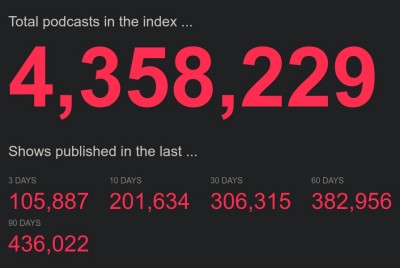It's time to decentralize the internet, again: What was distributed is now centralized by Google, Facebook, etc
The idea of decentralization is baked quite firmly into the internet’s architecture. The definitive paper on the internet’s original design is David Clark’s “The Design Philosophy of the DARPA Internet Protocols” published in 1988. Near the top of the list of design goals we find “Internet communication must continue despite loss of networks or gateways,” and “The Internet must permit distributed management of its resources.” The first goal leads directly to the idea that there must not be single points of failure, while the second says more about how network operations must be decentralized.
Central platforms can suddenly change policies to shift users away from the content being provided by a creator. They can also be single points of failure.
It seems that the pendulum swung hard towards centralization with the rise of a few giant internet companies controlling the way billions of people experience the internet, and that pendulum is showing signs of slowing, if not starting to swing the other way. Decentralization is a pillar of the internet’s architecture that has been fundamental to its success, and we’re now seeing a wide range of efforts to return to its decentralized roots. Let’s hope that at least some will be successful.
See It's time to decentralize the internet, again: What was distributed is now centralized by Google, Facebook, etc
#technology #decentralization

The idea was to remove central points of failure, not introduce them
https://gadgeteer.co.za/its-time-decentralize-internet-again-what-was-distributed-now-centralized-google-facebook-etc








